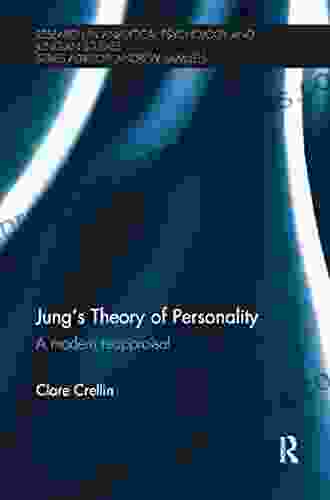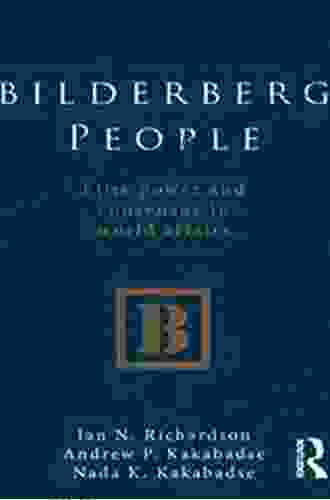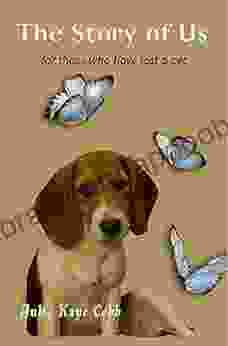Jung's Theory of Personality: Illuminating the Enigmatic Landscape of the Human Psyche

4 out of 5
| Language | : | English |
| Text-to-Speech | : | Enabled |
| Enhanced typesetting | : | Enabled |
| Word Wise | : | Enabled |
| File size | : | 3966 KB |
| Screen Reader | : | Supported |
| Print length | : | 256 pages |
In the vast expanse of human understanding, few minds have delved as deeply into the intricate workings of the psyche as that of Carl Jung. His groundbreaking theory of personality has shed profound light on the complex tapestry of our inner selves, illuminating the hidden depths and guiding our journey towards wholeness and self-actualization.
The Architecture of the Psyche: A Multifaceted Model
Jung's theory of personality posits that the human psyche is a multifaceted structure, composed of a dynamic interplay between the conscious and the unconscious. The conscious, the realm of our immediate awareness, encompasses our thoughts, feelings, and memories. However, Jung recognized that the vast majority of our psychic content lies submerged beneath the surface, forming the unconscious.
Within the unconscious, Jung identified two primary layers: the personal unconscious, which houses repressed memories, forgotten experiences, and unresolved conflicts, and the collective unconscious, a reservoir of inherited psychic material shared by all humans across cultures and generations.
The Dynamics of Personality: Introversion and Extraversion
Jung's theory also explores the fundamental differences in how individuals relate to the world around them. He identified two contrasting personality orientations: introversion and extraversion. Introverts draw their energy from their inner world, focusing on their thoughts, emotions, and subjective experiences. Extraverts, on the other hand, orient themselves towards the external world, seeking stimulation and connection with others.
Each personality orientation possesses its own strengths and potential challenges. Introverts may exhibit deep introspection and creativity, but they may also struggle with social anxiety or difficulty expressing their emotions. Extraverts, while energized by social interactions, may face challenges with self-reflection and inner turmoil.
Cognitive Functions: The Building Blocks of Thought
Jung's theory also encompasses the concept of cognitive functions, the mental processes through which we perceive, process, and interpret information. He identified four primary functions: thinking, feeling, sensation, and intuition.
Each cognitive function operates in both an introverted and extraverted mode. Introverted thinking focuses on internal logic and consistency, while extraverted thinking emphasizes objective reality and external facts. Introverted feeling prioritizes subjective emotions and values, while extraverted feeling attunes to the emotions of others and seeks social harmony. Introverted sensation focuses on concrete experiences and sensory details, while extraverted sensation seeks out novel experiences and physical stimulation. Introverted intuition explores abstract possibilities and patterns, while extraverted intuition makes intuitive leaps and seeks unconventional solutions.
The Shadow: Confronting Our Darkness
Jung believed that within each of us lies a shadow, a repository of our repressed instincts, primitive impulses, and denied aspects of ourselves. The shadow can manifest as negative behaviors, irrational thoughts, or emotional outbursts. However, it also contains the potential for growth and transformation. By acknowledging and integrating our shadow, we can gain a deeper understanding of ourselves and develop a more balanced and authentic personality.
Anima/Animus: The Feminine and Masculine Within
Jung also proposed the concept of anima and animus, archetypal representations of the feminine and masculine within the psyche. The anima represents the feminine qualities in men, such as intuition, empathy, and receptivity, while the animus represents the masculine qualities in women, such as logic, rationality, and assertiveness. Integrating these archetypes can lead to a more harmonious and well-rounded personality.
Individuation: The Journey Towards Wholeness
Jung's theory of personality ultimately aims to guide individuals towards individuation, the process of becoming whole and self-actualized. Individuation involves embracing all aspects of the psyche, including the conscious and unconscious, the shadow, and the anima/animus. Through a process of self-reflection, introspection, and integration, individuals can transcend their limitations and achieve a profound sense of inner harmony and fulfillment.
: A Profound Legacy
Carl Jung's theory of personality remains a pivotal work in the field of psychology, providing a profound and multifaceted framework for understanding the complexities of the human psyche. His insights into the nature of introversion and extraversion, cognitive functions, the shadow, anima/animus, and individuation have revolutionized our understanding of ourselves and our place in the world. Jung's legacy continues to inspire and guide countless individuals on their journey towards personal growth, self-discovery, and wholeness.
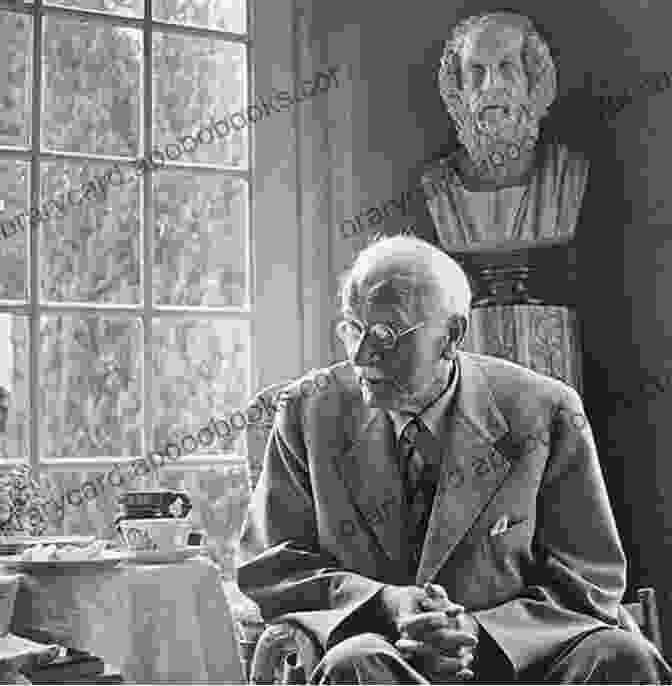
4 out of 5
| Language | : | English |
| Text-to-Speech | : | Enabled |
| Enhanced typesetting | : | Enabled |
| Word Wise | : | Enabled |
| File size | : | 3966 KB |
| Screen Reader | : | Supported |
| Print length | : | 256 pages |
Do you want to contribute by writing guest posts on this blog?
Please contact us and send us a resume of previous articles that you have written.
 Book
Book Novel
Novel Page
Page Chapter
Chapter Text
Text Story
Story Genre
Genre Reader
Reader Library
Library Paperback
Paperback E-book
E-book Magazine
Magazine Newspaper
Newspaper Paragraph
Paragraph Sentence
Sentence Bookmark
Bookmark Shelf
Shelf Glossary
Glossary Bibliography
Bibliography Foreword
Foreword Preface
Preface Synopsis
Synopsis Annotation
Annotation Footnote
Footnote Manuscript
Manuscript Scroll
Scroll Codex
Codex Tome
Tome Bestseller
Bestseller Classics
Classics Library card
Library card Narrative
Narrative Biography
Biography Autobiography
Autobiography Memoir
Memoir Reference
Reference Encyclopedia
Encyclopedia Amadou Ba
Amadou Ba Milan Balu
Milan Balu Glenda Jane Grande
Glenda Jane Grande Amy Jarecki
Amy Jarecki Larry Jeram Croft
Larry Jeram Croft Sharon Kearley
Sharon Kearley Pauric Mather
Pauric Mather Jon Pineda
Jon Pineda Eric Thomas Weber
Eric Thomas Weber Irwyn Ince
Irwyn Ince Andrea Corr
Andrea Corr Henri Gaillard
Henri Gaillard Susan Harris
Susan Harris Amirah Al Wassif
Amirah Al Wassif Fabio Parasecoli
Fabio Parasecoli John Van Dreal
John Van Dreal Eric Darton
Eric Darton Mollie Hunt
Mollie Hunt Drew Emborsky
Drew Emborsky Piero Gleijeses
Piero Gleijeses
Light bulbAdvertise smarter! Our strategic ad space ensures maximum exposure. Reserve your spot today!

 Ismael HayesThe Cockatiel Survival Guide: A Bird Lovers Guide To Keeping Your Pets Safe...
Ismael HayesThe Cockatiel Survival Guide: A Bird Lovers Guide To Keeping Your Pets Safe... Billy PetersonFollow ·3.6k
Billy PetersonFollow ·3.6k Dale MitchellFollow ·16.9k
Dale MitchellFollow ·16.9k Dakota PowellFollow ·2.3k
Dakota PowellFollow ·2.3k Julio Ramón RibeyroFollow ·13.3k
Julio Ramón RibeyroFollow ·13.3k Xavier BellFollow ·16.4k
Xavier BellFollow ·16.4k Gene PowellFollow ·10k
Gene PowellFollow ·10k Spencer PowellFollow ·15.2k
Spencer PowellFollow ·15.2k Gabriel HayesFollow ·13.4k
Gabriel HayesFollow ·13.4k
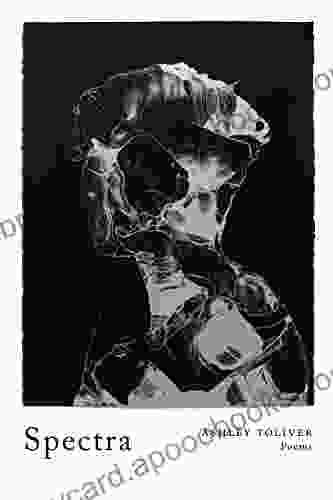
 Roald Dahl
Roald DahlImmerse Yourself in a Mesmerizing Tapestry of Creativity:...
Prepare to be captivated by "Spectra," an...

 Clarence Brooks
Clarence BrooksUnleash Your Inner Taylor with Red Piano Vocal Guitar:...
Embrace the Red Era...
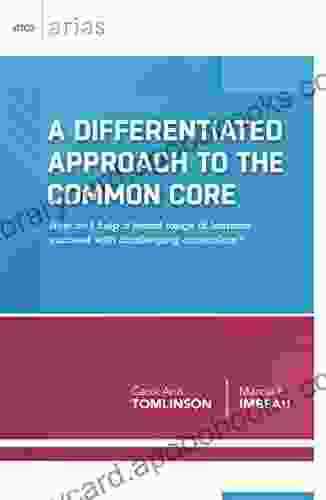
 Jeffrey Hayes
Jeffrey HayesUnlock Your Child's Academic Potential: A Comprehensive...
In today's rapidly changing...

 William Golding
William GoldingBrave Elizabeth: A Captivating Tale of Resilience and...
Immerse Yourself in a Riveting Historical...

 Curtis Stewart
Curtis StewartUnveiling the Heartfelt Melodies of Taylor Swift: A...
Step into the enchanting world of Taylor...
4 out of 5
| Language | : | English |
| Text-to-Speech | : | Enabled |
| Enhanced typesetting | : | Enabled |
| Word Wise | : | Enabled |
| File size | : | 3966 KB |
| Screen Reader | : | Supported |
| Print length | : | 256 pages |


